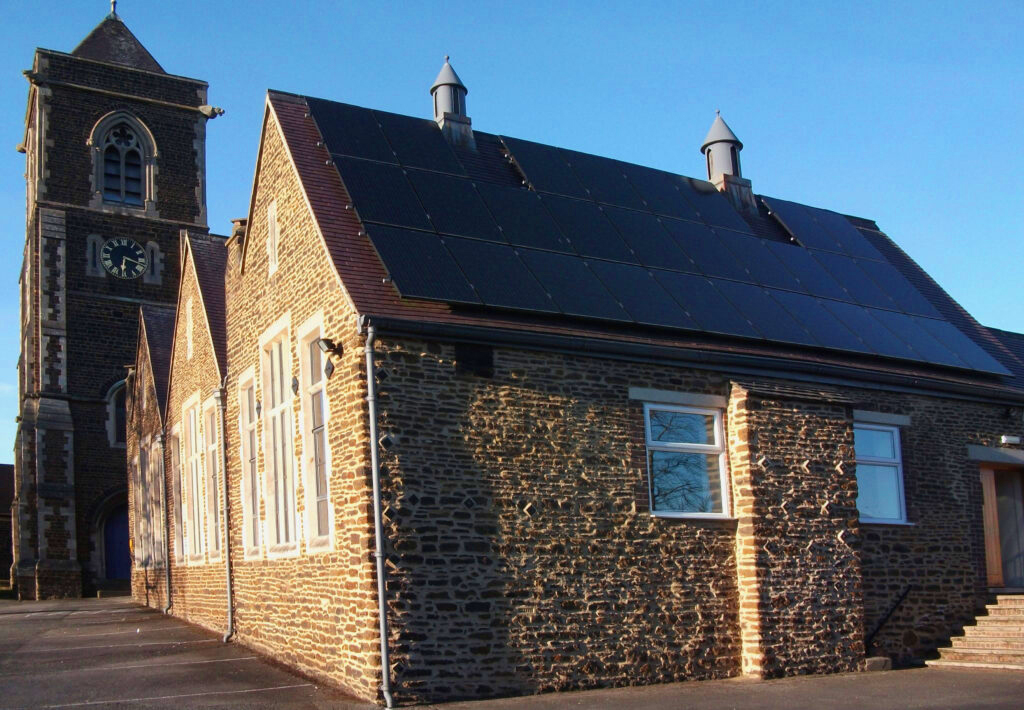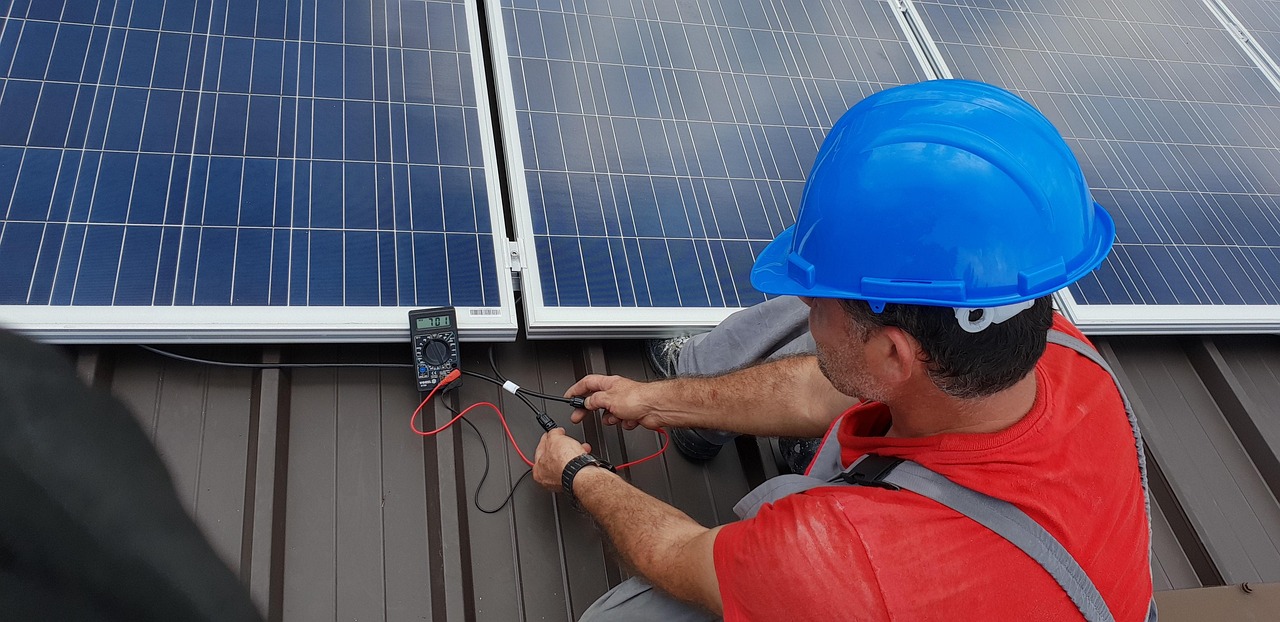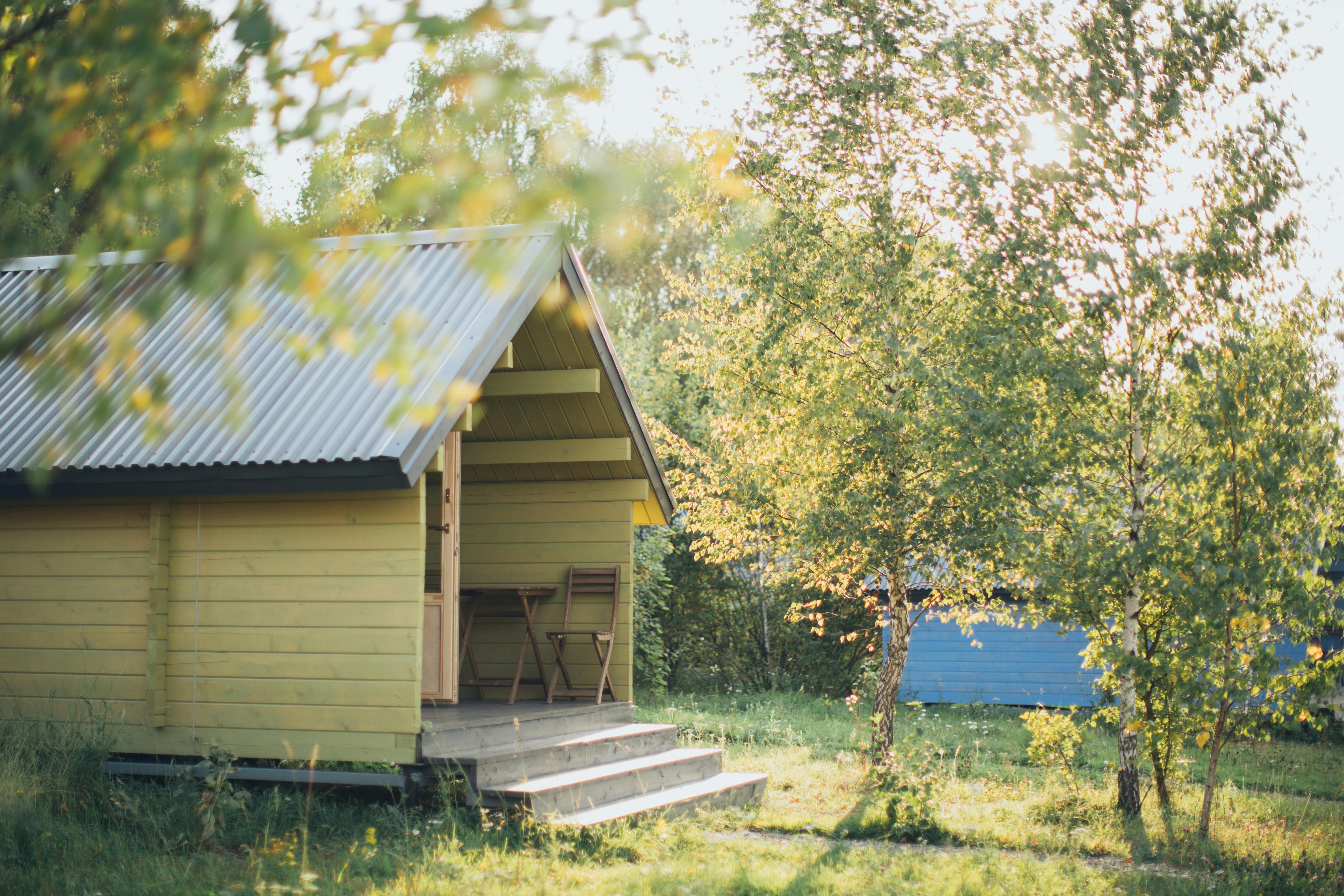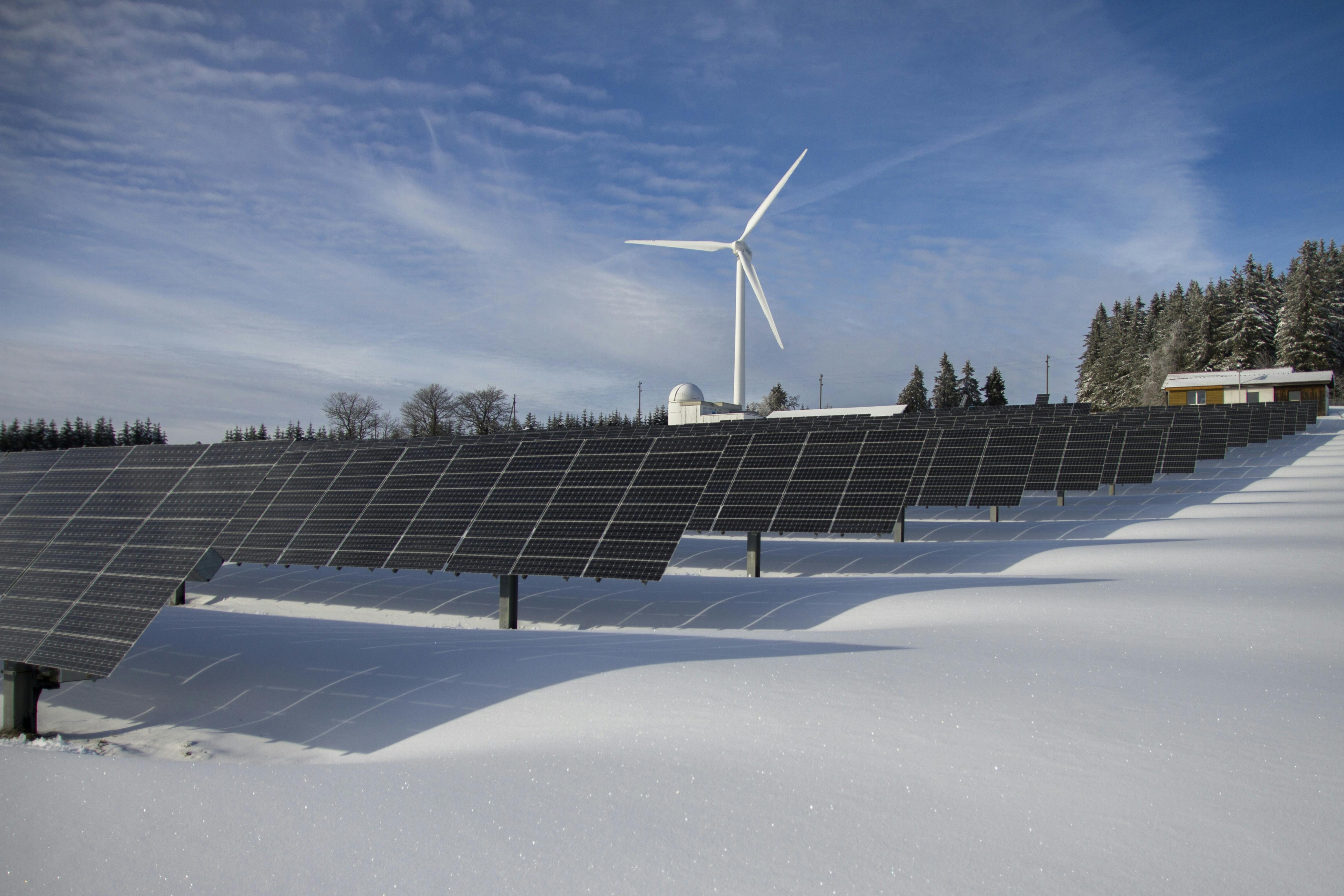Do Solar Panels Work in a Power Cut?
Do solar panels work in a powercut? Learn how you can keep your home powered during blackouts.

Wondering if solar panels still work in a power cut? The answer may surprise you.
The short answer is no - unless your system includes a battery or an off grid setup that allows you to store and use power independently.
While installing solar panels is a fantastic way to generate your own electricity and cut down on reliance on the grid, most homeowners don’t realise that solar panels in a power outage won’t automatically keep the lights on.
That’s because standard solar PV systems are designed to shut down during a power cut for safety reasons, unless you have the right backup solution in place.
Together, we’ll break down why solar panels switch off during blackouts, how you can keep your home powered with the right technology, and the best options for ensuring energy security.
Or speak directly to one of our Green Gurus who are happy to address any concerns you may have throughout your solar journey.
Key Solar Takeaways:
Why Do Solar Panels Turn Off in a Power Cut?
Many homeowners are surprised to learn that solar panels in a power outage automatically shut down. If your system is connected to the grid, it won’t generate electricity during a blackout unless you have a backup solution in place.
Most residential solar panels are grid-tied, meaning they work in sync with the national electricity grid. When your panels produce more energy than you need, the excess is sent to the grid in exchange for credits. However, this connection also means that during a powercut, your solar system is forced to shut down.
This automatic shutdown is a crucial safety feature. If your system continued generating power during a blackout, it could send electricity back into the grid, posing a serious risk to utility workers repairing power lines. To prevent this, your inverter is designed to switch off your system when it detects a grid failure.
How to Make Solar Panels Work During a Power Cut
While standard solar systems shut down during a blackout, there are solutions that allow you to keep using solar energy when the grid goes down. Here’s how you can make your solar panels in a power outage work for you:
Off-Grid Solar Systems
Homes that are fully off-grid aren’t affected by powercuts because they don’t rely on the national grid. Instead, they generate and store their own electricity using a combination of solar panels, batteries, and backup generators. While this setup offers complete energy independence, it requires a carefully designed system to ensure a reliable power supply.
Solar Batteries with Backup Power
A solar battery with backup functionality can keep your home powered during an outage. This works through a process called "islanding," where your battery disconnects from the grid and supplies stored electricity to essential appliances like fridges, medical devices, or lighting. However, not all solar batteries support backup power by default, you’ll need the right solar panel battery to enable this feature.
Hybrid Solar Systems
A hybrid solar system combines solar panels with an advanced inverter and battery storage. Unlike standard grid-tied setups, hybrid systems can switch to backup mode during a powercut, allowing your solar panels to continue generating electricity while storing excess energy for later use.
Our solar PV calculator can help you work out almost every aspect of your future solar system, including the number of panels and predicted savings. Once you get in touch with our team, you’ll have all the help you need to help solar panels work for you during a powercut.
The Limitations of Solar Battery Backup
While solar batteries with backup power can help keep essential appliances running during a power outage, they do have limitations. Understanding these constraints can help you set realistic expectations for your solar system and backup system.
1. Limited Storage Capacity
Most solar PV panels for homes generate more electricity than you use during the day, and a battery allows you to store that excess energy for later use. However, home battery storage is not unlimited:
- Most residential solar batteries store between 5-10kWh of electricity.
- The average UK home consumes around 10-15kWh per day.
This means that even with a fully charged battery, you may not have enough stored energy to power your home for an extended period.
2. Power Output Limits
Even if your battery has enough stored energy, it has a maximum power output (the amount of electricity it can provide at any given moment).
- Most home batteries have a continuous output of around 2-5kW.
- High-energy appliances like ovens, washing machines, or electric showers may exceed this limit.
3. Additional Costs for Backup Functionality
Backup power is not a standard feature in most solar battery systems. Many homeowners assume that installing a battery automatically provides power during an outage, but this often requires:
- A hybrid inverter capable of switching your system into backup mode.
- A special relay that isolates your home from the grid during blackouts (a process called "islanding").
These upgrades can add to the overall cost of your solar installation, so it’s important to factor them into your budget when planning a solar system with backup power.
Alternative Ways to Cope with Power Outages
Even if your solar PV panels for homes automatically shut down during a power cut, there are still ways to keep essential appliances running and minimise disruption. Here are some practical solutions:
Use Energy-Efficient Heating and Lighting
A power outage can leave your home without heating and lighting, especially during winter. Preparing in advance can make a big difference:
- Insulated clothing and blankets: Layering up helps retain body heat.
- Battery powered LED lights: These are a safer alternative to candles and provide long lasting lighting.
- Stored hot water: If your home has a hot water tank, consider filling it before a storm or known outage.
- Portable power banks: Keep devices like phones and torches charged in case of an emergency.
Install a Smart Solar Battery System
For a more sustainable backup solution, consider a solar battery with blackout protection. Unlike standard batteries, these are designed to work during power outages by isolating your home from the grid (islanding). This allows your solar system to continue providing power when the grid is down.
By investing in the right backup solutions, you can make your home more resilient and reduce the impact of unexpected outages.
Future Proof Your Home with the Right Solar Solution
While standard solar panels in a power outage won’t automatically keep running, the right combination of solar PV design and installation can provide reliable backup power when you need it most.
Whether through solar batteries with backup functionality, hybrid inverters, or off grid solar solutions, there are ways to keep essential appliances running during a blackout. The key is choosing the right system tailored to your energy needs.
At MakeMyHouseGreen, we offer expert, transparent guidance to help you design a residential solar design that works for both everyday energy savings and emergency situations. Our team ensures that every system is optimised for maximum efficiency, savings, and resilience.
Take control of your energy future today, use our solar panel calculator to see what’s possible for your home.
Ready to see what you can save?
Our solar calculator is 100% free to use. Enter your postcode below to get started.

Based on 400+ Trustpilot reviews






